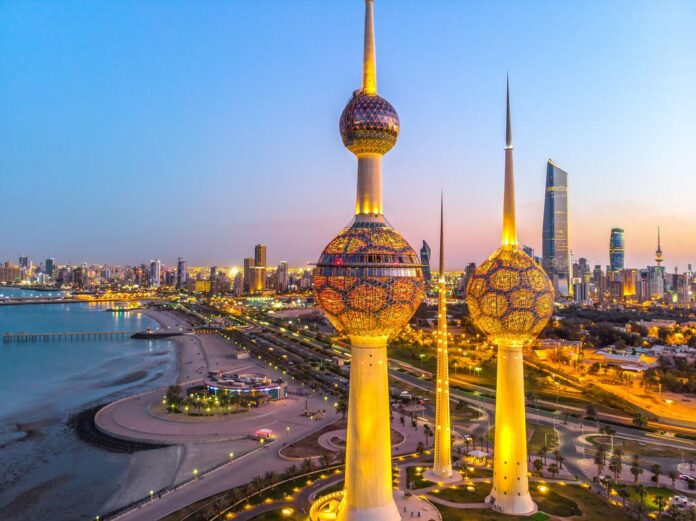Moody’s Investors Services has emphasized Kuwait’s robust credit position, primarily supported by its sizable financial reserves and significant oil and gas reserves with low production costs. However, the agency warns that Kuwait’s heavy reliance on oil exposes it to certain risks, reported Al-Rai Daily.
Moody’s notes that the country’s long-term transition away from carbon, coupled with challenging political dynamics, poses challenges to gradually meet this challenge. The stable outlook assigned to Kuwait’s credit rating reflects a balanced risk assessment. Moody’s suggests that effective implementation of measures to reduce the government’s dependence on oil revenues and diversify the economy could enhance credit flexibility, although current assumptions do not account for such measures for at least the next two years.
On the flip side, Moody’s cautions that the global shift towards cleaner energy sources will gradually reduce oil demand and suppress its prices. This long-term trend could impact Kuwait’s credit position, particularly in the absence of comprehensive financial and economic reforms. Moody’s indicates that Kuwait’s credit rating may be raised if there is a significant improvement in prospects for financial and economic diversification away from oil.
Moreover, a more positive relationship between the government and the National Assembly, enhancing policy effectiveness, could also contribute to a higher rating. Conversely, the credit rating could be lowered if the government’s financial strength significantly weakens in the medium term. This scenario may arise from the inability to implement reforms, resulting in a widespread financial deficit coupled with declining oil prices and depleted sovereign wealth reserves.
Moody’s underscores the importance of approving the public debt law, which could mitigate risks of government liquidity issues. Failure to address these concerns, especially if the General Reserve Fund assets are significantly depleted due to sustained fiscal deficits, could result in a credit rating downgrade.
The agency rates Kuwait’s economic strength at “A2,” primarily due to its abundant oil wealth and low production costs. Nevertheless, the accelerating shift towards carbon-neutral economies globally could exert negative pressure on Kuwait’s economy and government finances. However, Kuwait boasts the largest ratio of proven oil reserves to production in the Gulf region, lasting for approximately 90 years at the current production rate.
Kuwait’s institutional strength and governance are rated as “ba1” by Moody’s, reflecting weaknesses in certain aspects of its institutional framework and effectiveness. While Kuwait has successfully built large financial reserves during periods of high oil prices, its progress in financial and economic reforms lags behind peers due to strained relations between the government and the National Assembly.

















